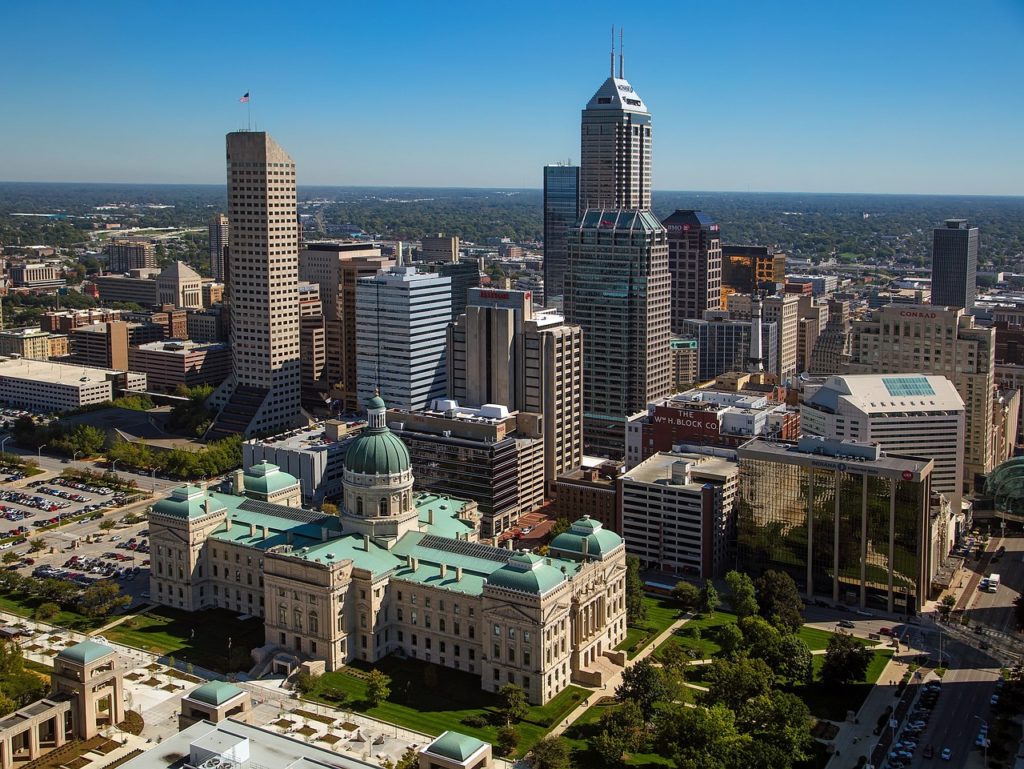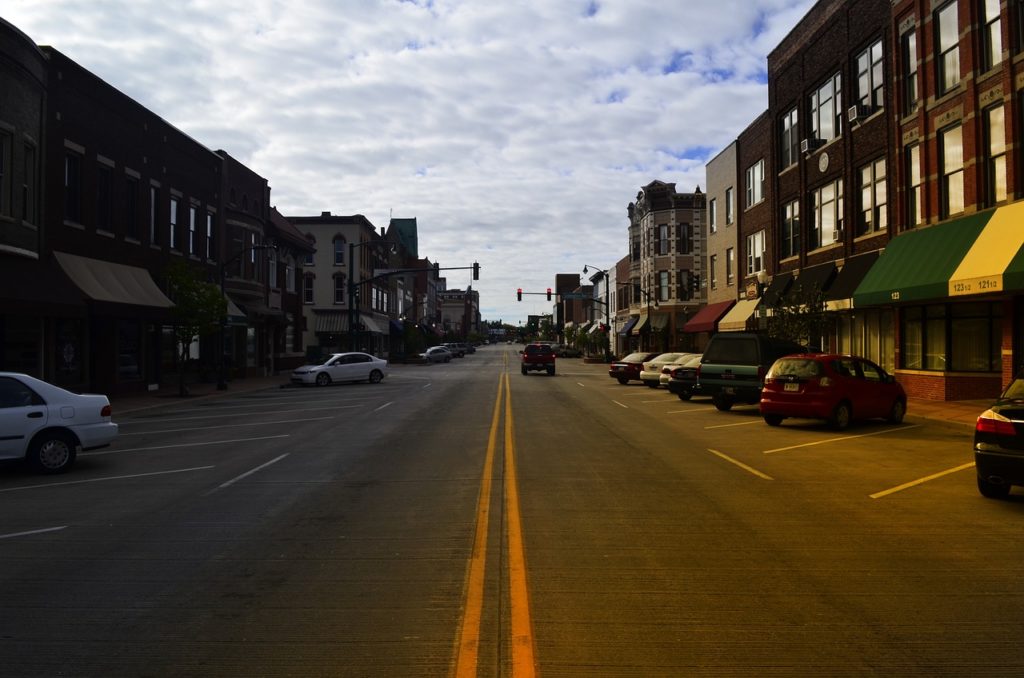Introduction
The COVID-19 pandemic was a new threat to local communities that local government had no previous experience to relate to or give them any legitimate standards with which to make decisions for their communities and the taxpayers. Federal, state and local city/town governments enacted swift, comprehensive and far reaching measures in the name of safeguarding public health, resulting in various laws, orders, and mandates imposed on businesses across the United States. In Indiana, both local city governments and the state government enacted specific regulations hoping to curb the spread of the virus and protect residents. This article explores a few of the key laws, orders, and mandates implemented by Indiana’s local and state governments during the pandemic, highlighting their impact on businesses.
Find Out How Much You Can Receive In ERTC Funds

1. Statewide Measures
Governor Eric Holcomb and the Indiana State Department of Health issued several executive orders and mandates in order to attempt to mitigate the spread of COVID-19. These experimental measures influenced and impacted businesses in multiple ways:
a) Stay-at-Home Order:
In March 2020, Governor Holcomb implemented a statewide stay-at-home order. It required non-essential businesses to close physical locations and limited gatherings to essential activities only. This measure significantly impacted sectors such as retail, hospitality, and personal services.
b) Capacity Restrictions:
As the pandemic progressed, the state introduced capacity restrictions for businesses reopening under the Back on Track Indiana plan. These guidelines imposed limits on the number of patrons allowed inside establishments to ensure social distancing. Retail stores, restaurants, churches and entertainment venues were among some of the businesses affected by these restrictions.
c) Face Covering Mandate:
To curb the spread of COVID-19, Indiana implemented a face covering mandate, requiring individuals to wear masks in public spaces, including businesses. Compliance with this mandate became crucial for businesses to protect their employees and customers.
2. Local City Orders
Indiana’s local city governments also played a significant role in implementing measures tailored to their communities. Here are a few examples:
a) Indianapolis – Marion County:
The Indianapolis-Marion County Public Health Department issued orders and mandates to safeguard the local community. These included capacity restrictions for businesses, requirements for employee health screenings, and guidelines for physical distancing and sanitization practices. The city also established a Business Restart Grant program to provide financial assistance to affected businesses.
b) Fort Wayne:
Fort Wayne implemented regulations to support businesses during the pandemic. This included relaxing zoning restrictions to enable outdoor dining, expediting permitting processes for temporary structures, and offering grants to assist businesses with adapting their operations to meet safety guidelines.
c) South Bend:
The city of South Bend introduced measures to aid local businesses, such as a Small Business Resiliency Grant program to provide financial support and business counseling services. They also created a temporary zoning district allowing restaurants to expand outdoor seating.

3. Economic Relief Programs
In addition to government orders and mandates, Indiana’s local and state governments implemented various economic relief programs to support struggling businesses:
a) Indiana Small Business Restart Grant:
The state of Indiana launched the Small Business Restart Grant program, providing financial assistance to eligible small businesses affected by the pandemic. This grant helped businesses cover a range of expenses, including rent or mortgage payments, utilities, and safety equipment.
b) County-Level Assistance:
Several Indiana counties, such as Marion and Allen, also established their own relief programs to support local businesses. These programs included grants, loans, and resources to help businesses recover and adapt to the changing landscape.
Conclusion
Indiana’s local city and state governments implemented and enforced various laws, orders, and mandates in response to the COVID-19 pandemic. These measures aimed to protect public health, control the spread of the virus, and support businesses affected by the crisis. Stay-at-home orders, capacity restrictions, face covering mandates, and relief programs impacted businesses negatively across the state. It is crucial for business owners to learn and educate themselves about the federal Employee Retention Tax Credit and Employee Retention Credit (both essentially refer to the same program). All Indiana businesses who continued to employee W-2 employees are potentially eligible to take advantage of this significant business employee tax refund.
